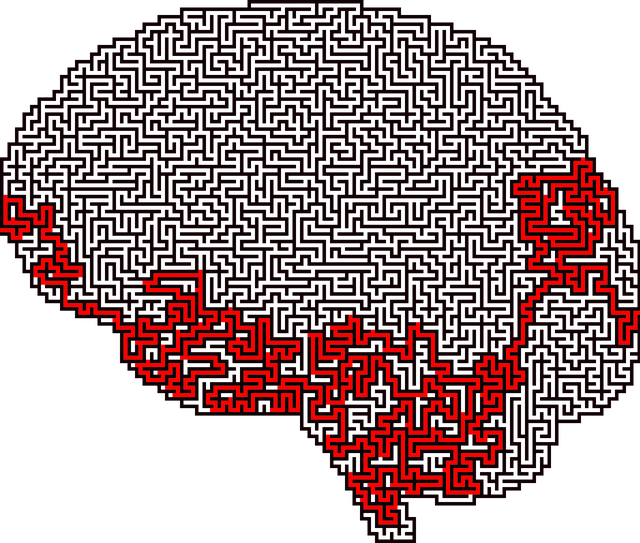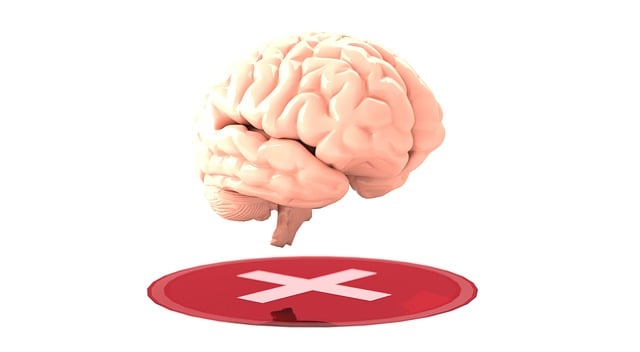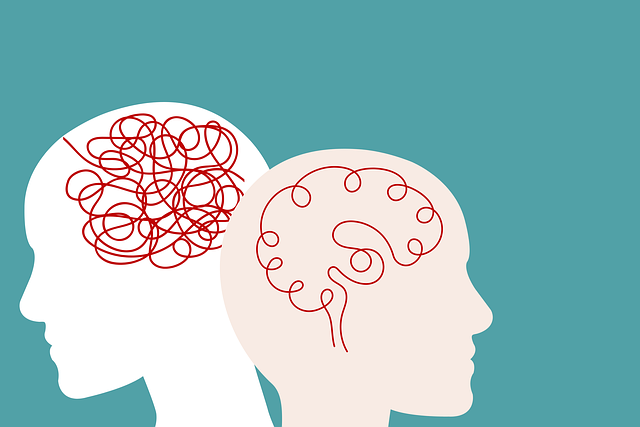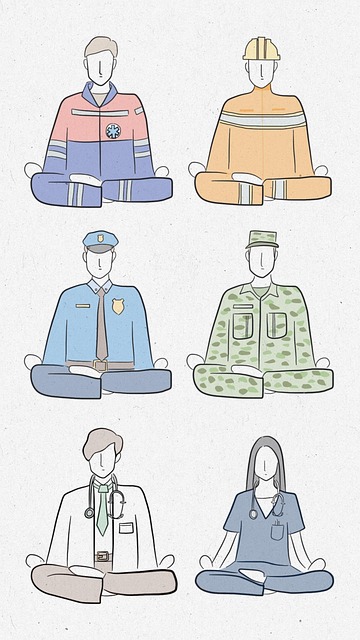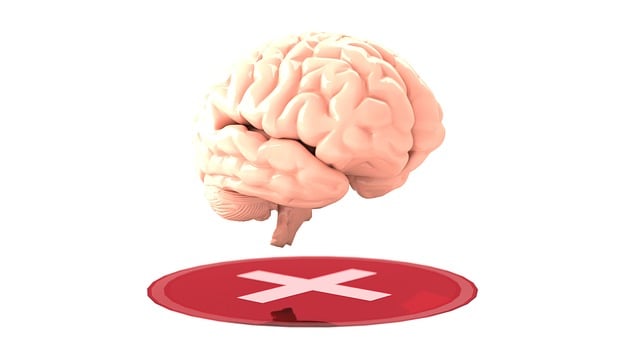Cultural sensitivity and tailored therapy approaches are vital for supporting adolescent teens from blended families in a diverse society. Professionals must navigate complex family dynamics, incorporate mental wellness education, and promote self-care to improve outcomes. Effective strategies include culturally competent communication, tailored techniques, and stress management, fostering inclusive care and empowering teens with resilience.
In today’s diverse society, cultural sensitivity is a cornerstone of effective mental healthcare. This article explores the unique challenges faced by therapists when treating adolescent teens from blended families, emphasizing the importance of navigating complex family structures. We delve into strategies for enhancing cultural competence and fostering inclusive care, ensuring equitable access to services for all. By understanding and respecting individual cultural backgrounds, mental health professionals can provide more personalized and impactful therapy for this vulnerable population, specifically addressing issues related to blended families.
- Understanding Cultural Sensitivity: A Cornerstone in Mental Healthcare
- Therapy for Adolescent Teens from Blended Families: Unique Challenges and Considerations
- Navigating Diverse Family Structures: Embracing Individuality in Treatment
- Cultural Competence in Practice: Strategies for Effective Communication
- Fostering Inclusive Care: Ensuring Equitable Access to Mental Health Services
Understanding Cultural Sensitivity: A Cornerstone in Mental Healthcare

Cultural sensitivity is a cornerstone in mental healthcare practice, especially when catering to diverse populations like adolescent teens from blended families. In today’s interconnected world, understanding and respecting cultural differences can significantly enhance therapy outcomes. Each individual carries unique cultural baggage that shapes their perceptions of health, illness, and well-being. For example, what constitutes a healthy self-care routine for one person might differ vastly from another based on their cultural background.
Therefore, mental healthcare professionals must be adept at navigating these complexities. This involves learning about various cultural practices, beliefs, and values that influence an individual’s mental health journey. By incorporating culturally sensitive approaches, such as tailored therapy sessions for blended families or encouraging mental wellness journaling exercises, practitioners can foster a safe and supportive environment. Moreover, prioritizing self-care routine development for better mental health among adolescents from diverse backgrounds is crucial to prevent burnout and ensure long-lasting positive outcomes in therapy.
Therapy for Adolescent Teens from Blended Families: Unique Challenges and Considerations

Adolescent teens from blended families face unique challenges when seeking therapy due to the complex dynamics involved. These families often include step-parents, step-siblings, and a mix of biological and adoptive relationships, each bringing their own set of expectations and experiences. Therapists must be attuned to these nuances to provide effective support. One key consideration is understanding the impact of blended family structures on an adolescent’s identity formation and sense of belonging.
Effective therapy in these cases involves tailored communication strategies that encourage open dialogue about familial relationships, fostering a safe space for teens to express their feelings and concerns. Mental wellness coaching programs designed for this demographic can help them navigate the complexities of their family structures while promoting resilience and self-care practices. Additionally, burnout prevention techniques are essential for therapists working with this population to ensure they can sustain supportive relationships over time.
Navigating Diverse Family Structures: Embracing Individuality in Treatment

In today’s diverse society, mental healthcare professionals must be adept at navigating the complexities of different family structures, especially when treating adolescent teens from blended families. Blended families, often formed through divorce, remarriage, or adoption, present unique challenges and opportunities for therapy. Each family member may have distinct experiences, cultural backgrounds, and expectations, which can significantly impact an individual’s mental health and overall well-being. Therefore, therapists must embrace individuality in their treatment approach to ensure a culturally sensitive practice.
Designing tailored therapy sessions that accommodate these diverse needs involves a deep understanding of the family dynamic. This may include incorporating elements from Mental Health Education Programs to enhance family communication and Social Skills Training to foster healthier relationships. By teaching mind over matter principles, therapists can empower individuals to challenge negative thought patterns and beliefs, promoting resilience and self-acceptance. Ultimately, recognizing and embracing these unique family structures is a game-changer in providing effective therapy for adolescent teens from blended families.
Cultural Competence in Practice: Strategies for Effective Communication

Cultural competence is a vital skill for mental healthcare professionals working with diverse populations, including adolescent teens from blended families. Effective communication strategies are essential to building trust and ensuring successful therapy outcomes. One key approach is to promote active listening, where therapists fully engage with clients, demonstrating empathy and understanding. This involves paying close attention to both verbal and non-verbal cues, allowing adolescents to express their unique cultural perspectives and experiences freely.
Additionally, incorporating culturally sensitive language and tailoring therapeutic techniques to suit individual needs can significantly enhance the therapeutic process. Healthcare providers should be trained in cultural competency to design mental health education programs that cater to diverse families. By fostering an inclusive environment and using appropriate communication methods, therapists can provide anxiety relief and support for teens navigating complex family dynamics, thus improving overall mental well-being.
Fostering Inclusive Care: Ensuring Equitable Access to Mental Health Services

In today’s diverse society, fostering inclusive care within mental healthcare practices is paramount to ensuring equitable access to services for all individuals, especially adolescent teens from blended families. Cultural sensitivity plays a crucial role in this process by addressing unique challenges faced by these teens who navigate complex family dynamics and potential cultural identity conflicts. Therapists trained in cultural competency can create safe spaces that honor diverse backgrounds, enabling teens to openly discuss their experiences and develop coping skills tailored to their specific needs.
By incorporating approaches such as stress management and reduction methods, therapists can help adolescent teens from blended families build resilience and navigate the challenges of their lives. This holistic approach not only addresses immediate mental health concerns but also equips them with valuable tools for long-term well-being, ensuring they receive the comprehensive therapy they deserve regardless of family composition or cultural background.
Cultural sensitivity is a fundamental aspect of mental healthcare, especially when treating adolescents from blended families. By understanding and embracing diverse family structures, therapists can create an inclusive environment that addresses unique challenges. Effective communication strategies, as outlined in this article, empower professionals to navigate cultural differences, ensuring equitable access to care for all teens. When mental health services are culturally competent, they foster trust, improve outcomes, and provide a supportive space for vulnerable populations.

